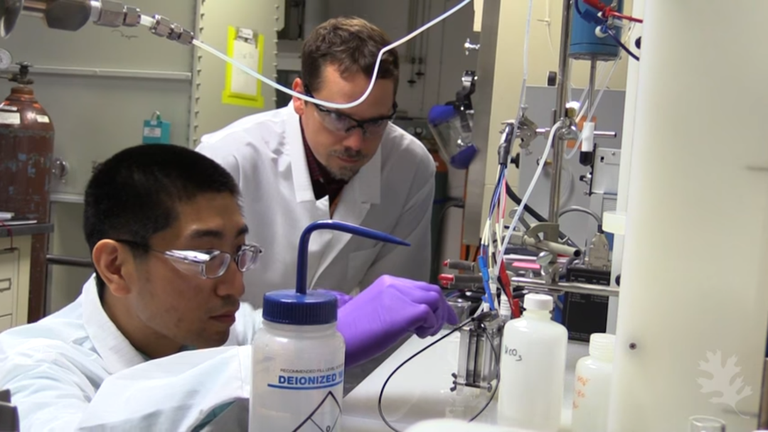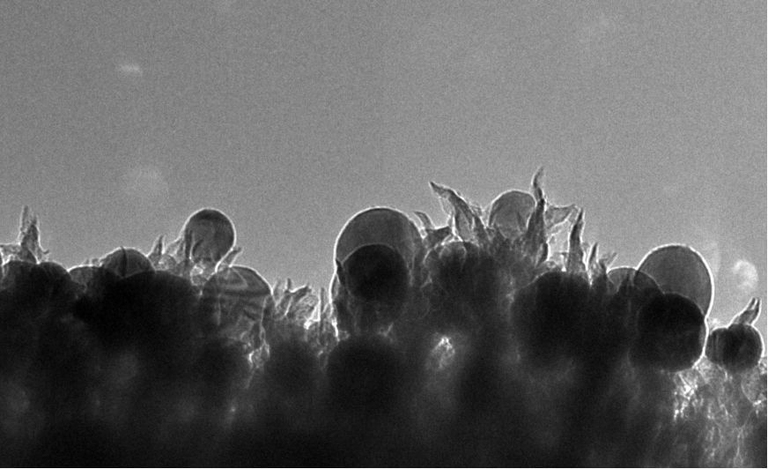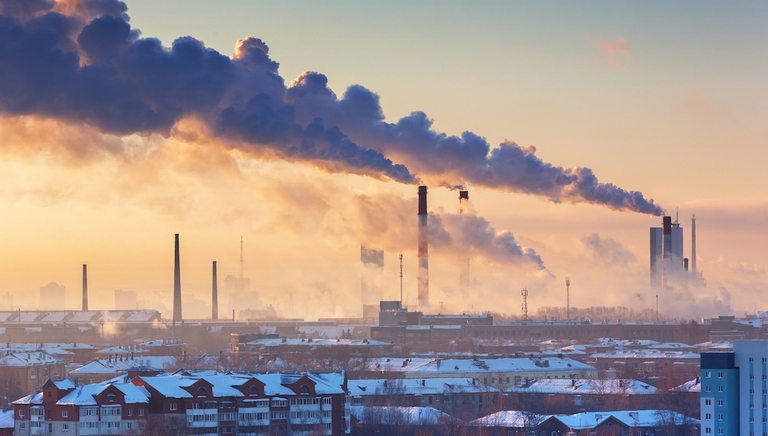
Sharon Lavigne, one of the six winners of the 2021 Goldman Environmental Prize, is fighting to protect her community from plastics corporations.
A team of American scientists found a new way to convert carbon dioxide into ethanol, a low-impact fuel.
A team of researchers at the Oak Ridge National Laboratory, US State of Tennessee, were trying to find a method to transform carbon dioxide (CO2) into methanol. But once the chemical reaction was triggered, they realised that another process was taking place: carbon dioxide was being converted into ethanol, the main type of alcohol that is found in alcoholic beverages and can be used as a fuel. This discovery may solve the problems related to climate change and energy production; it could be a goose that lays golden eggs.
Adam Rondinone, researcher at the Oak Ridge National Laboratory and lead author of the study published in the journal ChemistrySelect, described this accidental discovery as a “combustion reaction backwards”. The success of the new technology lies in a nanomaterial made of carbon, nitrogen and copper that once included in a solution of water and gas – to which an electric current is applied – triggers a chemical reaction and reverses the combustion process, with a yield of 63 percent.
“We were trying to study the first step of a proposed reaction when we realised that the catalyst was doing the entire reaction on its own, – Rondinone said in a press release. – Ethanol was a surprise, it’s extremely difficult to go straight from carbon dioxide to ethanol with a single catalyst”.
According to the World Meteorological Organization, CO2 levels in the atmosphere reached 400 parts per million in 2015, an alarming fact, given that the maximum threshold is 350 ppm. And the situation is even worse considering that CO2 levels in the atmosphere can’t decrease. The discovery of the catalyst could help reduce current CO2 levels, the main cause of global warming.
Removing carbon dioxide from the air we breathe is a priority for the scientific community and researchers are trying to find a way to capture and store it underground. But so far, the solutions they proposed aren’t viable on a large scale due to prohibitive costs and labour-intensive works.
As the technology uses common and low-cost materials and functions in water and at room temperature, it has a variety of industrial applications. There are different kinds of vehicles – including planes – that use a fuel containing ethanol, which is currently produced from corn through a process that generates other emissions, which worsens global warming instead of helping tackling it.
This discovery unfolds new scenarios even in the energy industry. Fossil-fuel power stations can use this technology to capture CO2 emissions and convert them into green fuel. And it can also be employed in renewable power plants. The surplus electricity produced in wind farms or solar plants can be stored under the form of ethanol that can be then used as fuel when the wind dies down and the sun sets.
Siamo anche su WhatsApp. Segui il canale ufficiale LifeGate per restare aggiornata, aggiornato sulle ultime notizie e sulle nostre attività.
![]()
Quest'opera è distribuita con Licenza Creative Commons Attribuzione - Non commerciale - Non opere derivate 4.0 Internazionale.
Sharon Lavigne, one of the six winners of the 2021 Goldman Environmental Prize, is fighting to protect her community from plastics corporations.
Plastic pollution is airborne too. Microplastics are being carried across continents by the wind, as a recent study reveals.
Levels of particulates in New Delhi in 2020 were once again far above safety thresholds, with extremely serious health consequences for its citizens.
A major oil spill in the Ecuadorian Amazon in April has left the Coca River polluted. The indigenous Kichwa are suing the companies whose pipelines broke.
Molecules that eat up plastic waste, including PET bottles, may soon become widely used as scientists leap ahead in developing new super enzymes.
In Italy’s Land of Fires between Naples and Caserta, activists like Carmen Medaglia are fighting to promote new ways of managing waste.
Toxic substances in Kamchatka’s waters have killed 95% of marine fauna and caused health problems for surfers. The causes, however, are still unknown.
A Magellanic penguin was found lifeless on a Brazilian beach: in its stomach, an N95 face mask. Researchers believe the animal died from ingesting it.
The drop in air pollution during worldwide lockdowns helped prevent thousands of premature deaths. But the situation is returning to pre-crisis levels.










